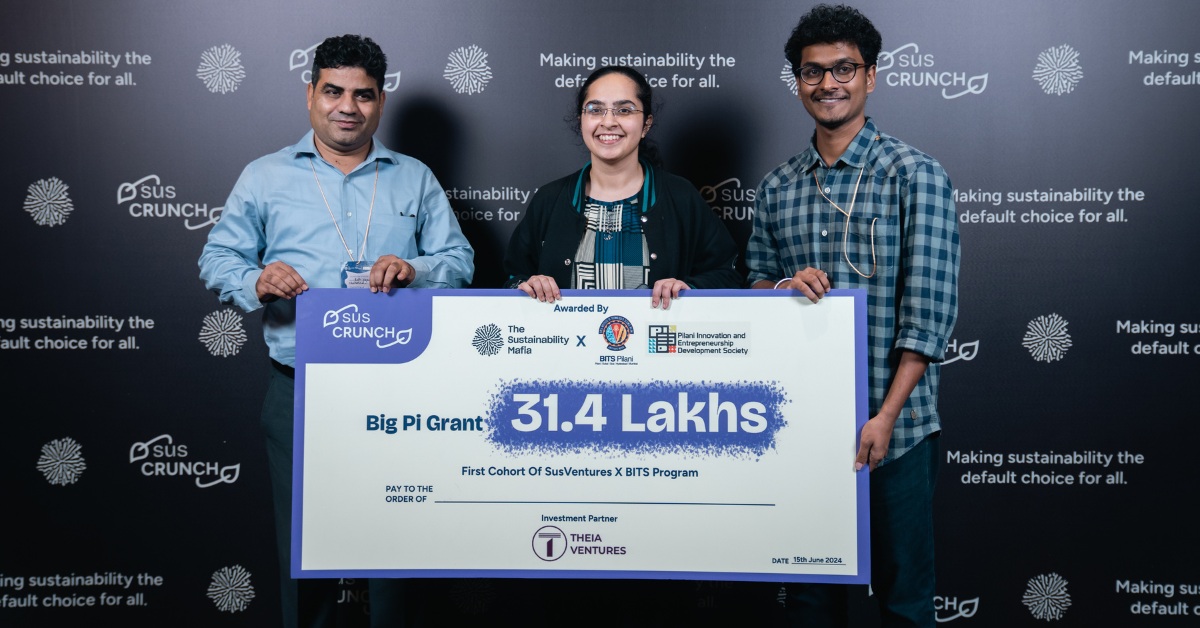Late one evening in a Bengaluru lab, Vaibhav Sai bent over his notebook filled with complex diagrams and calculations. For months, he had been working on an idea that felt urgent and deeply personal — designing living cells that could detect pollutants in water and food.
The science thrilled him. The potential impact was enormous. But everything beyond the lab left him paralysed.
“I could build a product, but I didn’t know how to build a startup,” he says, recalling that phase with a laugh. Questions swirled: Who would buy it? How much funding should I raise? How do you explain something this technical to an investor?
Advertisement
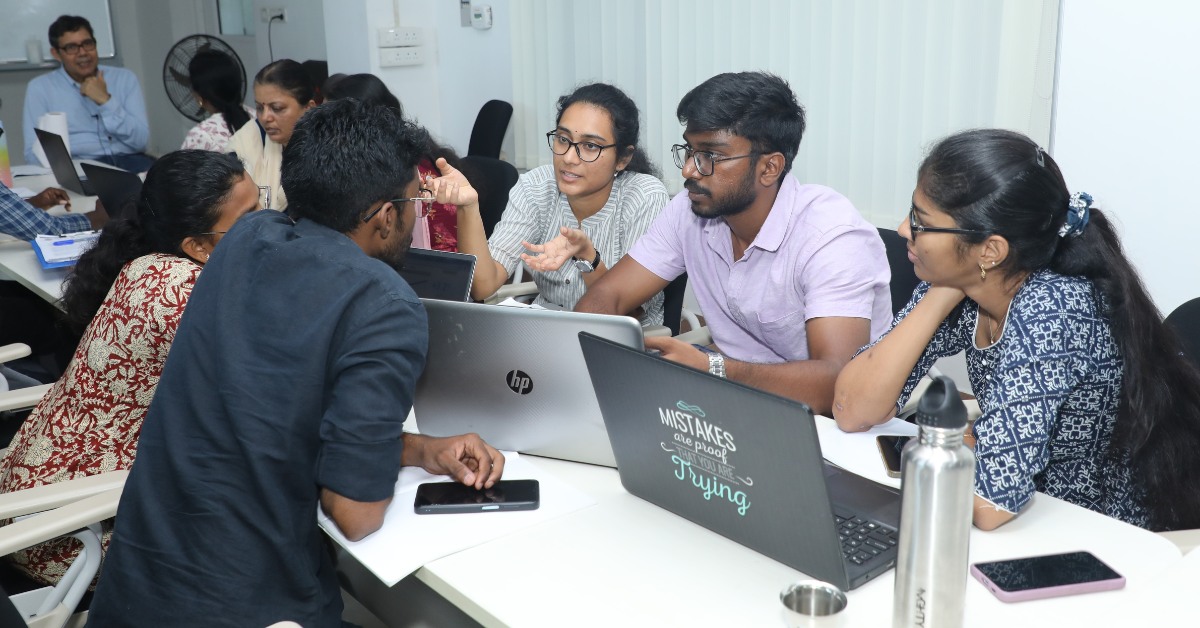 Sustainability Mafia’s sessions bring together students, founders, and mentors to spark climate ideas.
Sustainability Mafia’s sessions bring together students, founders, and mentors to spark climate ideas.
He pauses, then admits: “I didn’t even know what customer discovery meant.”
For many young innovators like Vaibhav, this is where the dream often ends—not because the idea isn’t good, but because the gap between a breakthrough and a business feels impossible to cross.
But then something changed.
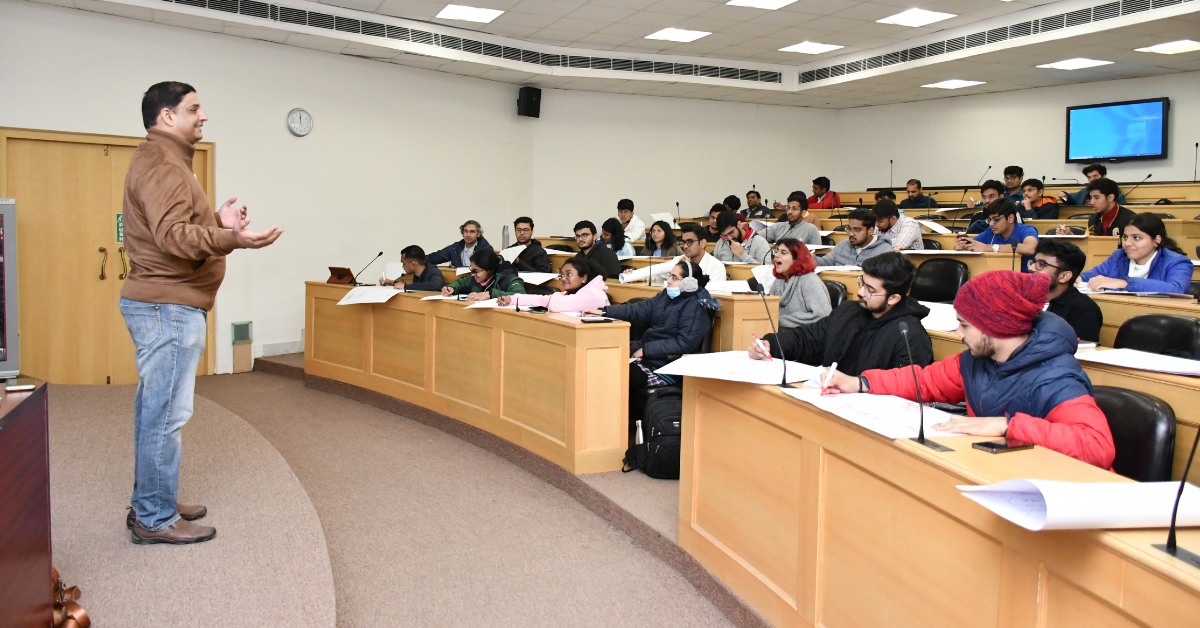 Workshops focus on real-world problems, helping innovators turn ideas into practical solutions.
Workshops focus on real-world problems, helping innovators turn ideas into practical solutions.
The turning point: Finding a tribe
In 2022, while searching for direction, Vaibhav stumbled upon Climate Ninja, a programme run by a collective with an unusual name: Sustainability Mafia.
“I was sceptical, but curious,” he recalls. Could this really help him? Still, with few other options, he decided to give it a shot.
That decision changed everything.
Advertisement
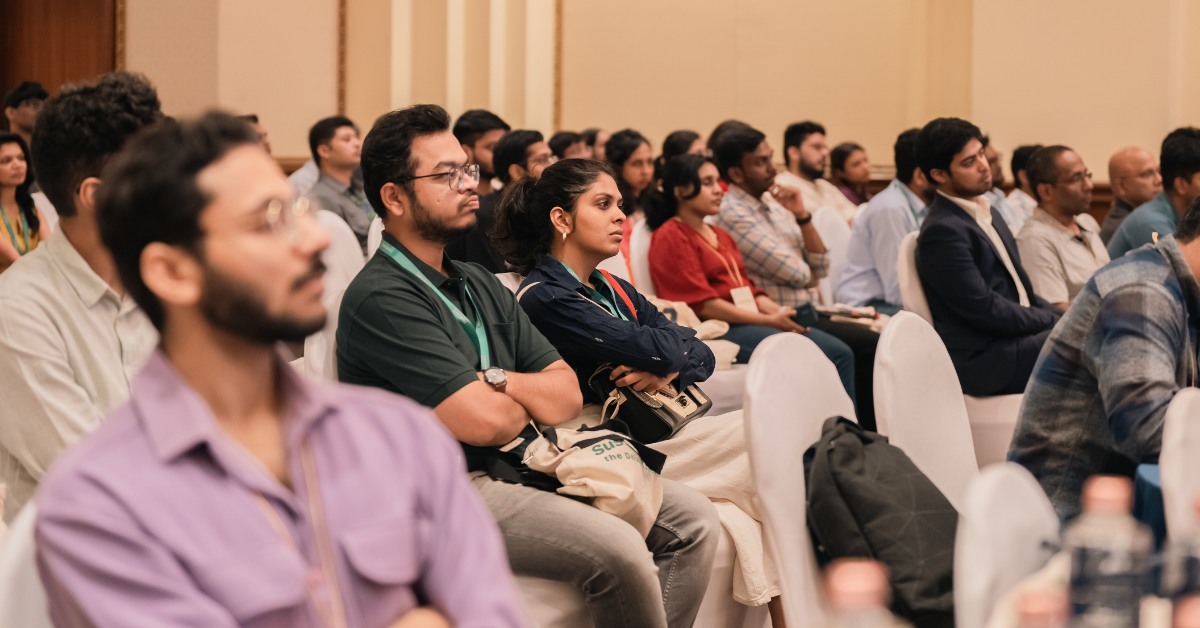 Peer-learning circles create a trusted space where young innovators share challenges and progress.
Peer-learning circles create a trusted space where young innovators share challenges and progress.
“It wasn’t just a course. They literally hand-held me through the process,” Vaibhav says. Over the next few weeks, he interacted with founders who had walked the same uncertain road, mentors who had built successful ventures from scratch, and peers who were dreaming as big as he was.
“They pushed me to step out of the lab,” he says. “Talk to customers, validate ideas, and learn what works in the market.”
Those conversations opened his eyes to India’s biggest gaps in climate solutions. Water pollution and food safety kept coming up again and again.
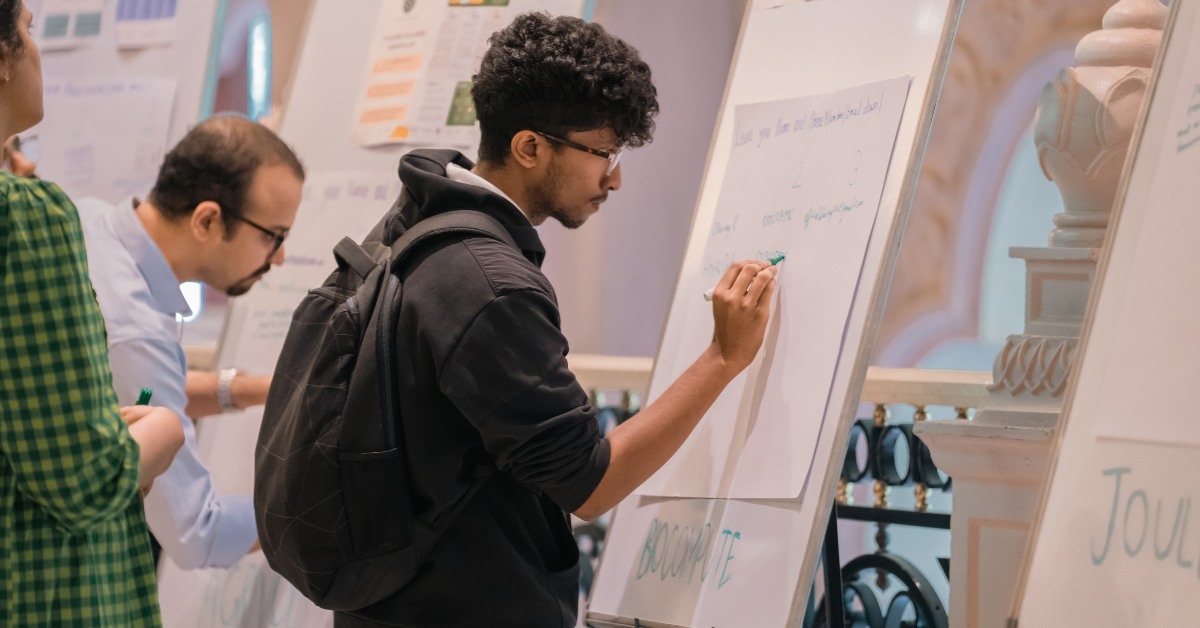 Assignments push participants to identify costs, plan funding, and design viable business models.
Assignments push participants to identify costs, plan funding, and design viable business models.
“That’s how I pivoted my startup, ‘Technobox’, to focus on affordable tools for contamination detection,” he explains.
But it wasn’t just about technical pivots. SustMafia’s Entrepreneur-in-Residence programme taught him what no textbook could: how to calculate overlooked costs, design a fundraising strategy, and build a team for growth.
And the biggest shift? The mindset. “Everyone asks, ‘How can I help you?’ not ‘What do I get from you?’” he says. “If I weren’t in that community, my progress would’ve been 20 times slower.”
Advertisement
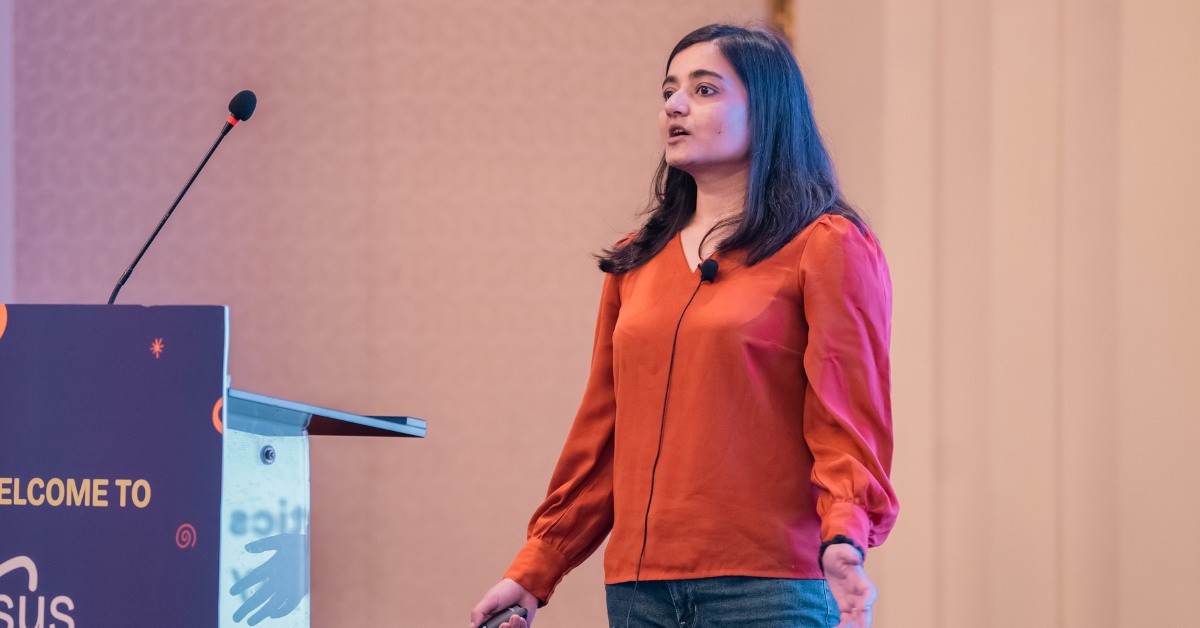 Hands-on exercises teach students how to move beyond theory and validate ideas in the market.
Hands-on exercises teach students how to move beyond theory and validate ideas in the market.
Vaibhav’s story is just one thread in a growing movement. But to understand how far this network has come, you need to go back to where it all started.
In 2020, when Sustainability Mafia was born, it wasn’t an organisation. It was a lifeline. A handful of climate-tech founders — lonely, under-resourced, and struggling — began meeting to share notes and frustrations.
“It started with like-minded founders helping each other out,” says Rajat Kukreja, COO of Sustainability Mafia. “We were all struggling, so we built what we wished existed.”
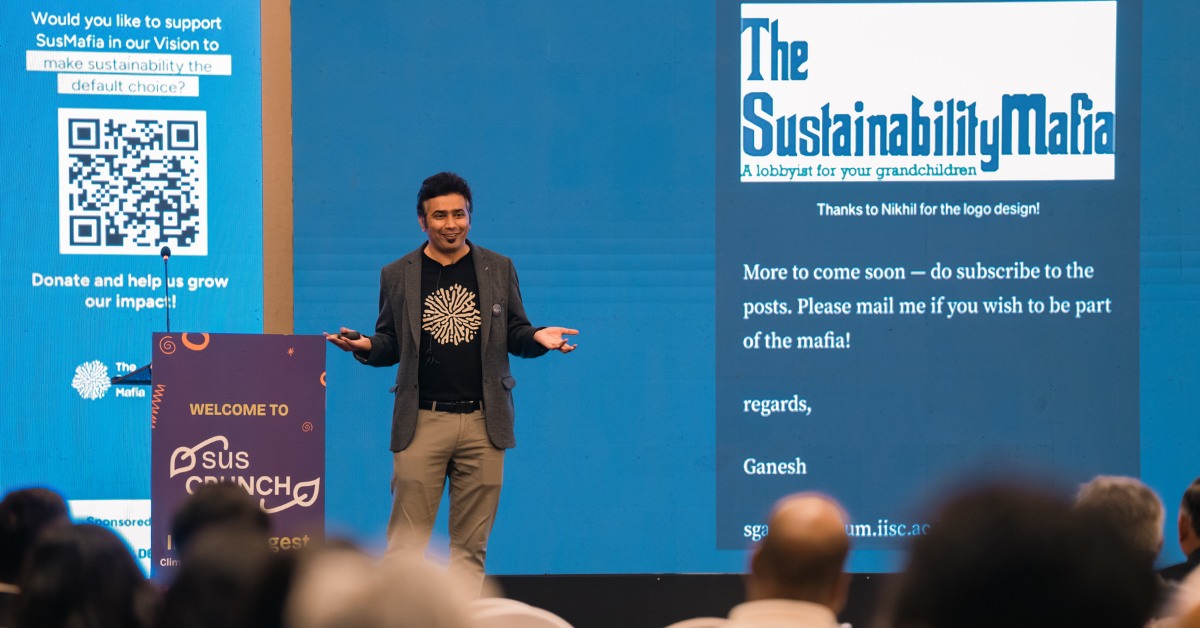 Mentorship sessions connect participants with founders who’ve walked the same road to success.
Mentorship sessions connect participants with founders who’ve walked the same road to success.
What began as a few informal dinners slowly evolved into something larger — a trust-based network connecting founders, students, investors, scientists, and enterprises who all shared one mission: to build climate solutions tailored for India.
“We’re not about importing ideas that don’t fit,” Rajat explains. “We’re building the infrastructure for climate startups to take root in India.”
Today, that informal circle has become an ecosystem where ideas meet resources, where failures become lessons, and where founders never feel alone in the journey.
Advertisement
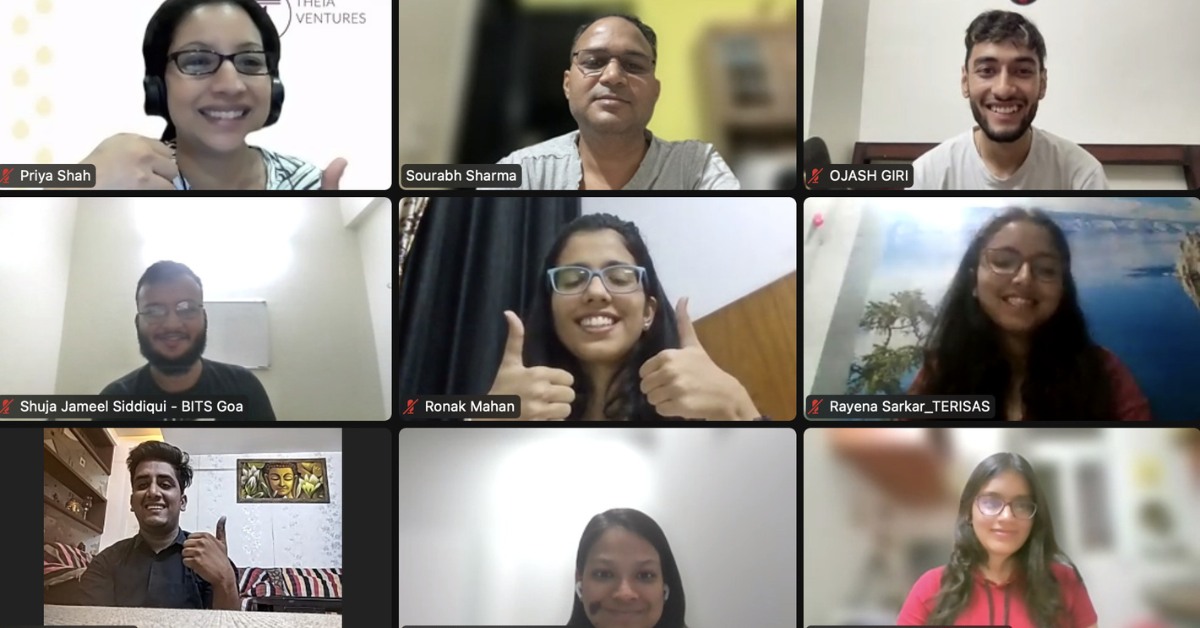 Climate Ninja sessions immerse students in tackling water, food safety, and other critical issues.
Climate Ninja sessions immerse students in tackling water, food safety, and other critical issues.
The stories behind the numbers
Over the last four years, Sustainability Mafia has grown into a thriving ecosystem. But ask anyone inside, and they’ll rarely talk about numbers first. They talk about people.
People like Anagha Rajesh, a young innovator who dreamed of reducing the environmental footprint of data storage. With guidance from the community, she started building BioCompute, a startup exploring DNA-based data storage — a bold step in tackling the climate impact of data centres.
Or Sakshi Agarwal, who believed that small farmers could supply India’s urban kitchens directly. SustMafia’s Corporado programme helped her pitch her solution to Swiggy’s top leadership within two weeks — an opportunity that might have taken years otherwise.
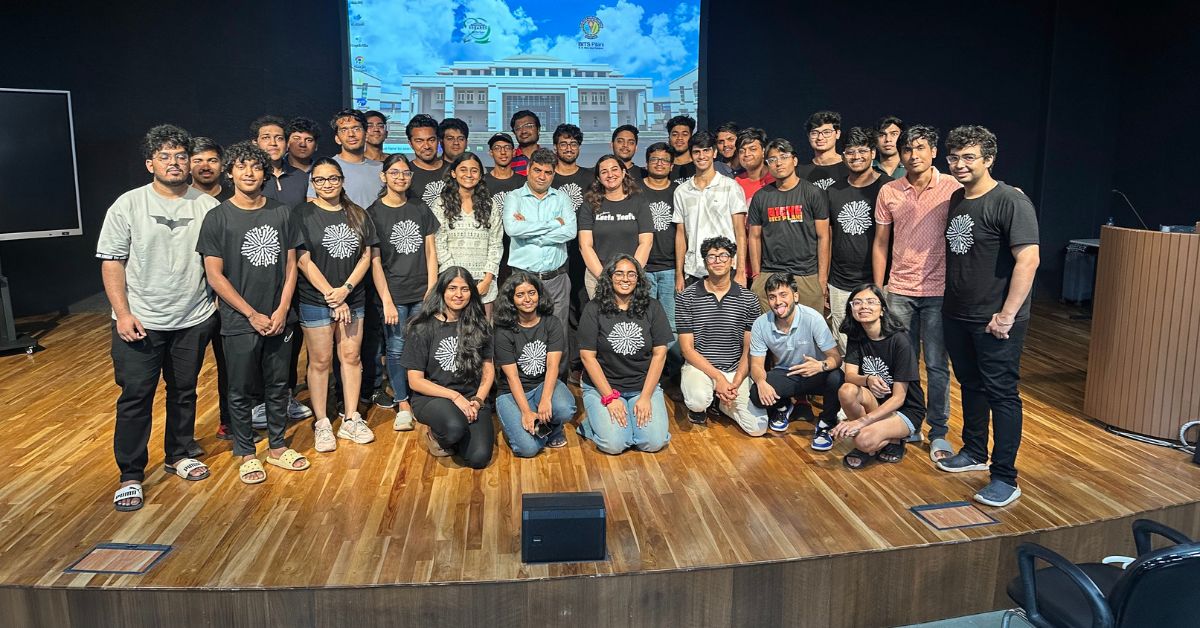 Assignments push participants to identify costs, plan funding, and design viable business models.
Assignments push participants to identify costs, plan funding, and design viable business models.
And then there’s Chandrashekharan Jayaraman, who stood nervously on stage at Sus Crunch, the community’s annual climate action event. His idea — affordable, electricity-free water purifiers for underserved communities — won a Rs 31.4 lakh grant that night. Today, his solution is transforming how rural families access safe drinking water.
Different stories, different dreams. But the thread that runs through them is trust, not transaction. A sense of “we’ll figure it out together” in a space where most founders feel alone.
The barriers they are breaking
Climate-tech is often imagined as a lab-driven domain filled with scientists solving equations. But Rajat points to a blind spot in that picture.
Advertisement
“We have solutions sitting in labs,” he says. “What we lack are people who can take them to market.”
This gap is where many ideas collapse. Founders may understand their technology inside out but struggle to explain it to investors or customers. They rarely know how to raise funds, structure a business model, or build a team.
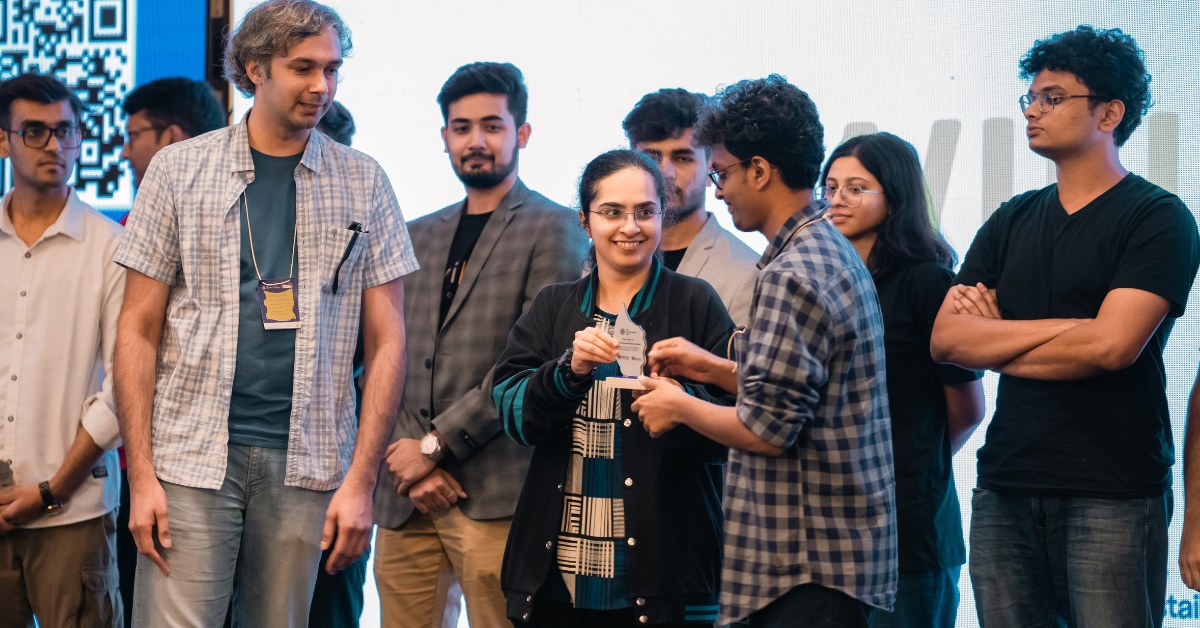 At Sus Crunch, innovators pitch bold climate ideas for grants to scale real-world solutions.
At Sus Crunch, innovators pitch bold climate ideas for grants to scale real-world solutions.
Sustainability Mafia steps in here — not just for innovators, but for storytellers, communicators, and strategists who can translate ideas into impact.
“It’s about building an ecosystem where everyone — students, investors, enterprises — works together,” Rajat says. “This isn’t a one-player game.”
That inclusivity is at the heart of everything they do. SustMafia has reached beyond big cities to Tier-2 campuses like J P University in Himachal Pradesh. It has launched scholarships for women entrepreneurs and created partnerships that open doors for those who might otherwise be left out of the sustainability conversation.
And then there’s the funding challenge. Climate-tech requires patient capital, infrastructure investment, and time. “VC money isn’t always suited,” Rajat explains. Instead, they’re bringing in family offices, CSR partners, and long-term backers like Spectrum Impact and Dabur Industries.
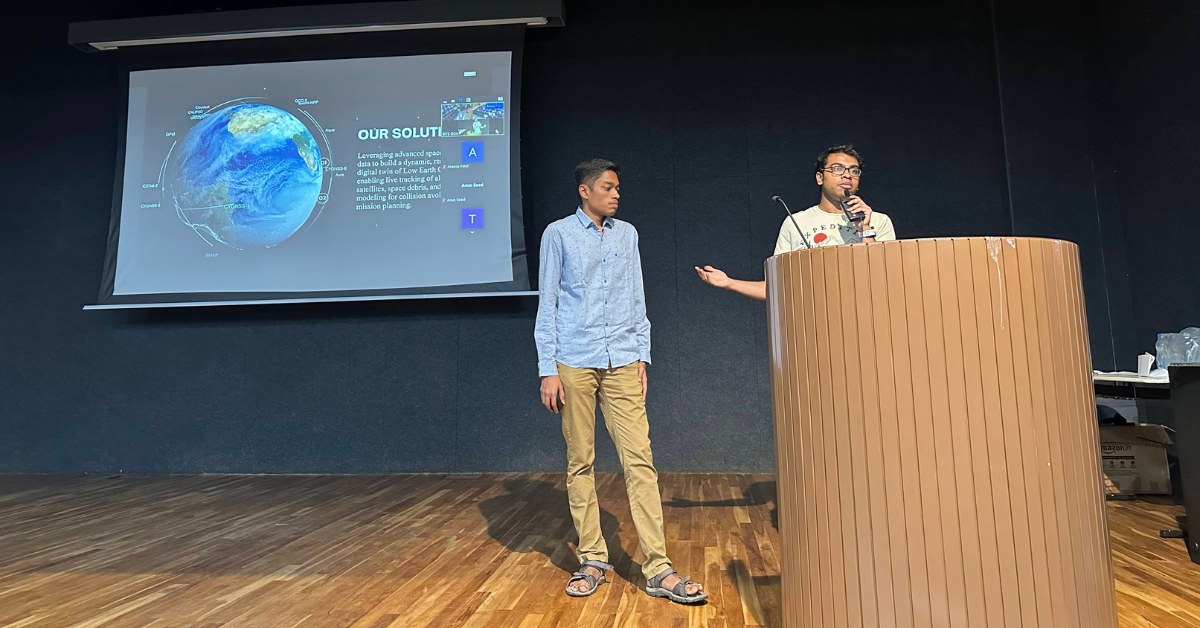 Storytelling workshops help innovators explain complex climate solutions to investors and partners.
Storytelling workshops help innovators explain complex climate solutions to investors and partners.
Because reimagining systems — from water to waste to energy — cannot be a quick game. It needs trust, time, and a community willing to stay the course.
What the numbers mean for people
In just four years, what started as a handful of conversations has turned into a movement shaping India’s climate-tech landscape.
Sustainability Mafia has trained over 600 students and young professionals, many of whom never imagined a career in climate innovation. It has brought together more than 100 founders into its tight-knit network, and from these connections have emerged 25 new ventures tackling everything from clean water to sustainable packaging.
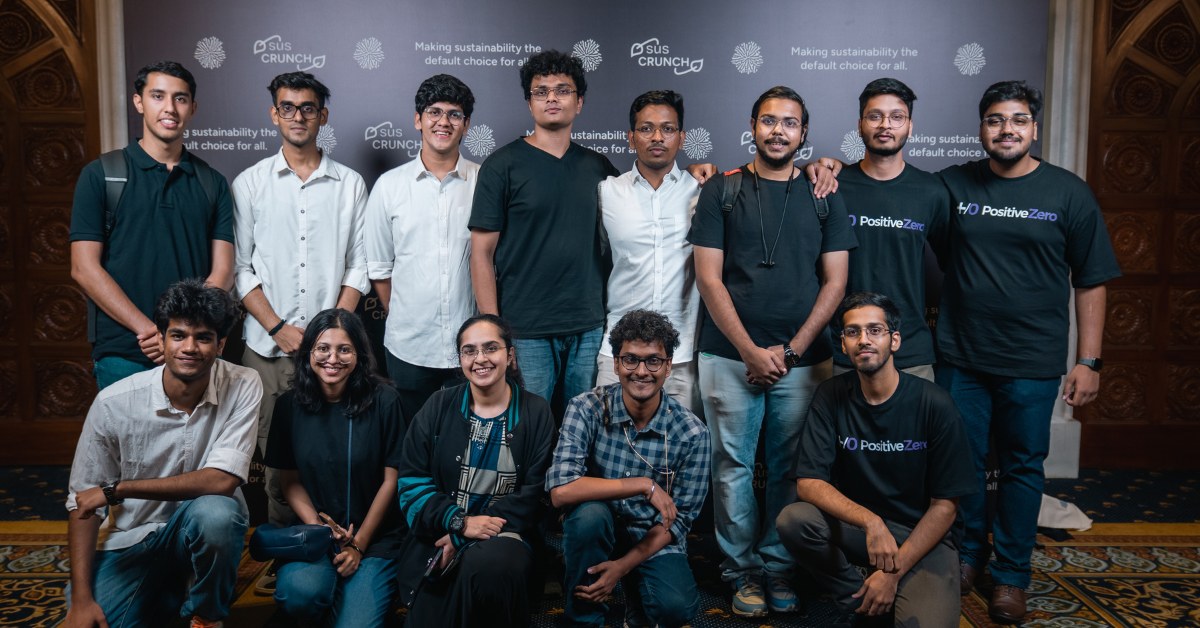 Corporado sessions link startups with enterprises ready for sustainability pilots.
Corporado sessions link startups with enterprises ready for sustainability pilots.
Through its programmes, the collective has unlocked Rs 41 lakh in non-dilutive grants, giving innovators the freedom to experiment without losing equity. And as these startups grow, they’re creating jobs — 30 and counting, many of them within the community itself.
But these numbers are more than milestones. They represent stories like Vaibhav’s, like Anagha’s, like Sakshi’s — stories of young minds who might have stayed stuck without the trust, mentorship, and collaboration that SustMafia brings.
Behind every statistic is a face, a dream, and a shared belief that India’s climate challenges can be solved when ideas meet support.
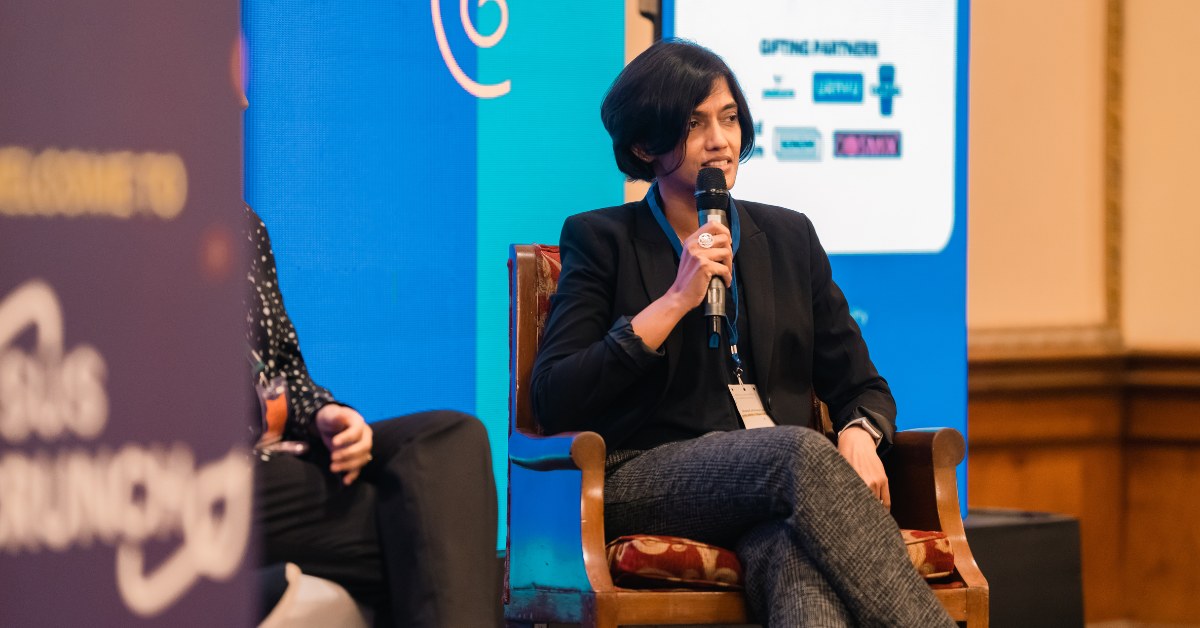 Participants share progress during community check-ins that make the journey less isolating.
Participants share progress during community check-ins that make the journey less isolating.
The road ahead
The vision is bold, and the urgency is real. By 2027, Sustainability Mafia hopes to enable 100 more climate-tech startups. By 2030, it aims to move 10 million students and professionals into climate careers.
These are not just targets on a slide—they are building blocks for a future where sustainability becomes the default choice.
For Vaibhav, that future feels clearer than ever. “I’ve built a prototype. I have prospective customers. I know what I’m doing now,” he says, his voice calm but confident.
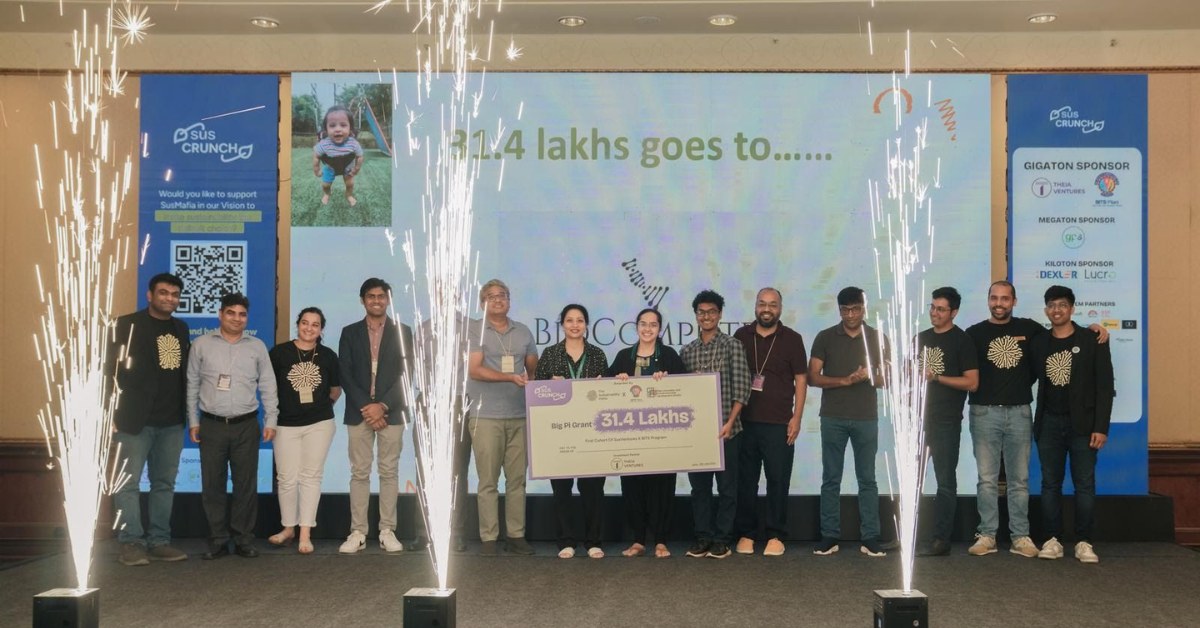 Every programme reinforces one belief: climate innovation grows stronger through collaboration.
Every programme reinforces one belief: climate innovation grows stronger through collaboration.
For hundreds like him, this community is more than a network. It’s a safety net, a launchpad, and a movement that proves something powerful: when people come together with purpose, they can rewrite what’s possible.
As the climate clock ticks faster, that belief might be India’s greatest renewable resource.
